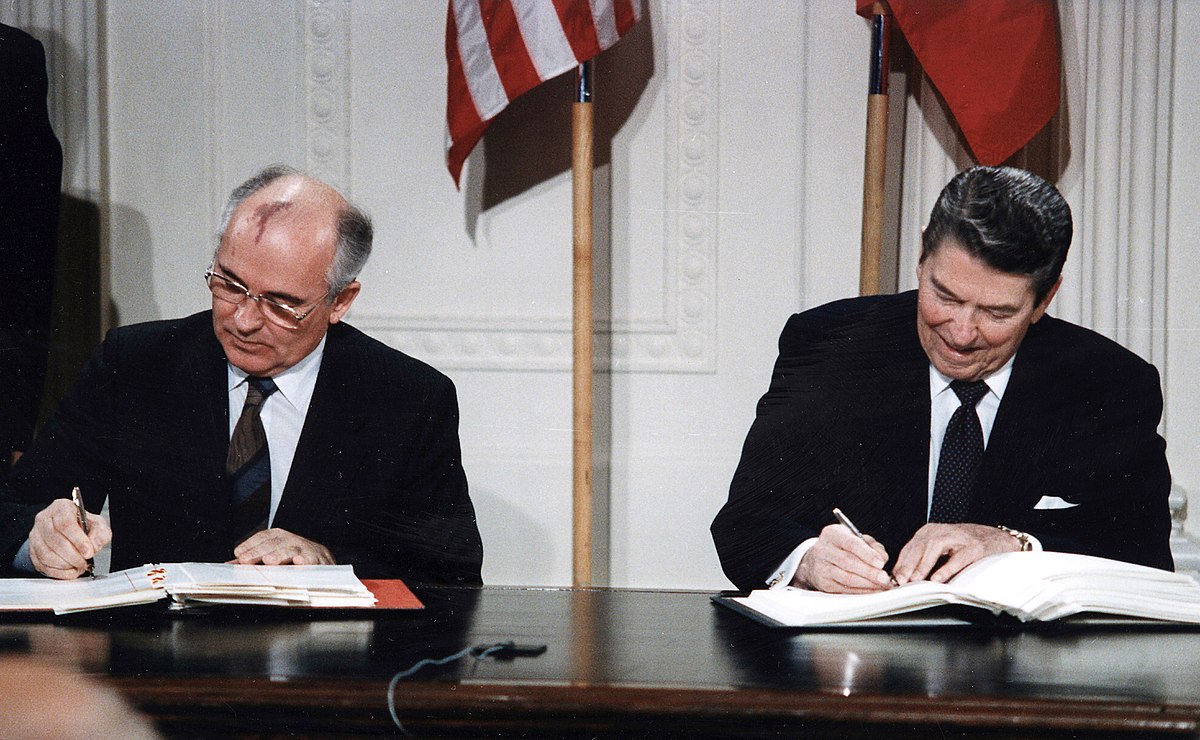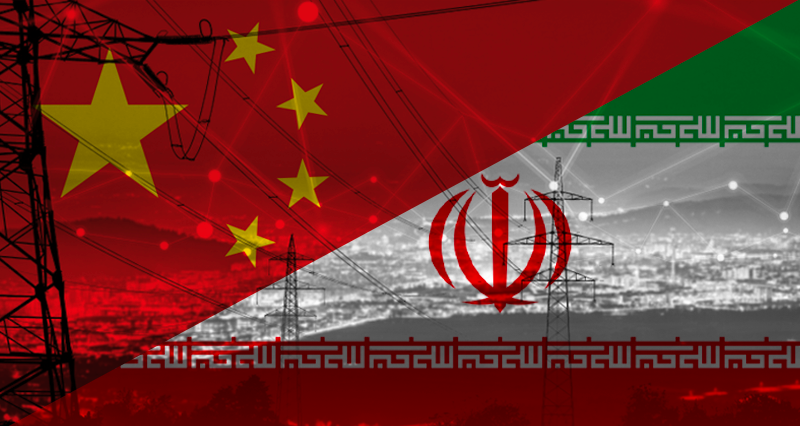On the background of the US and Russia’s withdrawal from the Intermediate-Range Nuclear Forces Treaty (INF), one can hear increasingly often that Turkey might change its status in the emerging new international layout and change its status of a non-nuclear weapons state. Herein we’ll consider the possibility of a step of this kind.
It is common knowledge that the US and Russia have released strongly-worded statements on the termination of the INF Treaty signed in 1987 the then US President, Ronald Reagan, and the Soviet leader Mikhail Gorbachev. The document imposed a ban on the combat employment of ground-based missiles with the effective ranges of 1,000 km to 5,500 km and 500 km to 1,000 km. The treaty aimed to eliminate the threat of a global nuclear war. Over a period of four years, the signatory nations scrapped about 2,700 missiles under its provisions.

The main asset of the INF treaty was that it helped keep the missiles with nuclear warheads out of the European continent for over thirty years. This means the European countries felt safe and sound while Russia didn’t feel NATO’s pressure right on its borders. The renunciation of the treaty will produce a situation where the US will again deploy nuclear missiles in Europe in NATO format.
At the time of signing of the treaty in 1987, NATO and Soviet missiles were deployed on bases in East Germany and West Germany. Driven by the fear of an outbreak of nuclear war, the American and Soviet leaders struck an accord, under which the missiles were removed reciprocally. The encouraging atmosphere that formed after the signing of the IMF Treaty proved conducive to the obtaining of the USSR’s consent to the reunification of Germany. Now the consigning of the document to the second-hand bin of history may spark a new arms race between the US and Russia and if the crisis in East Europe and the Baltic region deepens, the risk of red-hot clashes will become all too real as well.
Let’s turn to the US now. President Donald Trump explained for his decision to abandon the INF Treaty by referring to violations of its terms by Russia and blamed Moscow for everything. Quite emblematic in this context is the ‘nuclear posture review’ the Pentagon revealed in 2018. It says bluntly that the US will conduct struggle against the nuclear ambitions of China, the DPRK and Russia by beefing up its nuclear capability, not by reaching accords. This shows the US Administration’s recent decision has a far more political rather than military underpinning. President George W. Bush spoke about the plans for withdrawing from the INF format back in 2001, and Russia said in 2007 the treaty had lost practical meaning in the wake of the US plans to deploy antiballistic missile systems in the Czech Republic and in Poland. In other words, despite the accusations that the two nuclear powers addressed to each other, they have been merely competing over the past ten years in the expression of their desire to ditch the treaty. In practice, though, the discarding of the INF format will bring important dividends to both the US and Russia.
As we go over to Turkey, let’s state the obvious: the country’s role in Europe will grow after the collapse of the INF treaty. In the same way, Pakistan’s role will go up in the Asia/Pacific region. Belarus, Kazakhstan, and Ukraine, all of them former constituent republics of the USSR, were also parties the treaty. If it becomes null and void, they will face a choice to make. Belarus has oscillated between Russia and the EU in recent years and if Russia asks it to permit deployment of the missiles on its territory, the response to this request will predetermine the country’s future. Kazakhstan has been playing an important role in Russia’s space research ever since the Soviet era. Withdrawal from the treaty will definitely affect the configuration of space research, too. Since Russia still continues operations on the rented premises in Kazakhstan, the Kazakhstani authorities, too, may face the necessity of choosing whose side to take. As for Ukraine, it will become a crucial country in the region form the US standpoint. The EU and NATO will probably use Ukraine as a defensive wall and will increase their financial and military aide to Kiev accordingly.
Russia on its part will view the US efforts to establish closer dialogue with the former Soviet republics in Central Asia, in the Caucasus and in the Baltic area as a threat to itself because the situation will be prone with new conflicts. Armenia, Belarus, Georgia, Kazakhstan, and Ukraine may turn into a field for the unfolding of a Russian-American conflict at the initial stage. The US will use NATO as an instrument for cementing their control over the Baltic countries, the Arctic Ocean, Pacific Asia, the Black Sea, and the Mediterranean.
It’s also worthwhile saying the crises in relations between the US and Turkey that have shown up in recent years in the areas of the Black Sea, the Mediterranean, the Caucasus, and Central Asia may potentially prompt Washington to revoke its support to Turkey in the region. As a result of it, the scale of Turkish-Russian cooperation may open the doors to a joint manufacturing of missiles and the start of independent manufacturing of short and intermediate-range missiles by Turkey, while the continued degradation of trust between Ankara and the US/NATO may eventually evolve into a situation where Turkey will seek broader defense ties with Russia, the taking-over of Russian defense technologies and its own transformation (with Russia’s assistance) into a nuclear power. It looks like things are on the move in exactly this direction right now.

















Leave a Reply